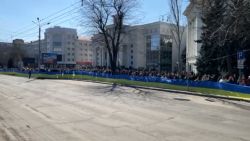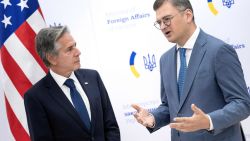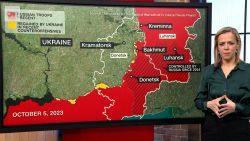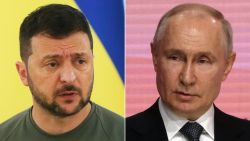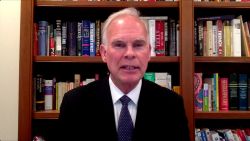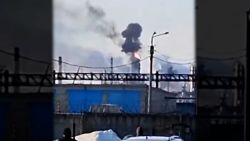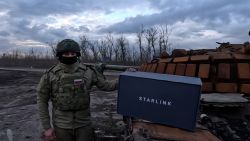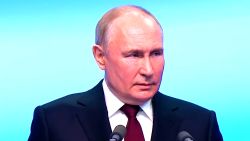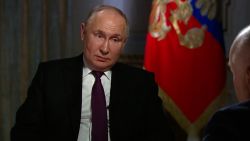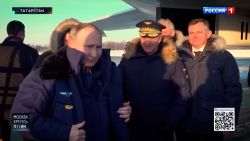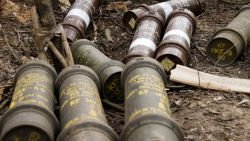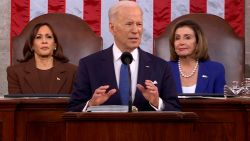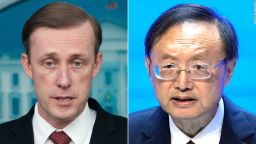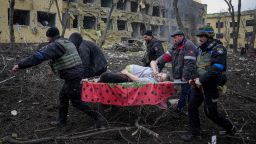Russia is facing new forms of resistance in the cities it has seized in Ukraine, where attempts to abduct and replace political leaders have been met with legal pushback and defiant public protests.
Russian troops have detained the mayors of at least two regions, Ukrainian officials say, replacing one with a pro-Kremlin opposition member. Lawmakers in a third Russian-occupied city say the groundwork is being laid for a political coup.
Despite overcoming significant Ukrainian military resistance to occupy the territories, attempts to oust local leaders have led to new difficulties for Moscow.
Ukraine’s prosecutor general has opened a treason investigation into Galina Danilchenko, the newly installed mayor of Russian-occupied Melitopol in southeastern Ukraine, after the city’s elected mayor, Ivan Fedorov, was arrested by armed men on Friday.

The move follows a plea on Sunday by the city’s lawmakers for a criminal investigation of Danilchenko over what they called“the high crime of treason, for attempting to set up an occupying government in Melitopol.”
The city council accused Danilchenko – who is a former member of the city council, according to the Zaporizhzhia regional administration’s website – of dissolving the city government and transferring its powers to a People’s Deputies Committee.
Danilchenko declared herself the local leaderand immediately said in a televised addressSundaythat “Russian TV channels” would begin broadcasting in the city, which has been occupied by Russia since the first days of the invasion.
Her ascension was met by angry protests on Saturday, when several hundred people demonstrated outside the city hall, chanting “Freedom for the Mayor” and “Fedorov.”
The Russian-backed regional prosecutor of Luhansk, a separatist-controlled region nearly 300 miles from Melitopol, claimed the rationale for Fedorov’s arrest was that he had committed terrorism offenses.
A second mayor – Yevhen Matveyev, the leader of Dniprorudne, a small city north of Melitopol – was abducted by Russian troops on Sunday, according to Ukraine’s Foreign Minister, Dmytro Kuleba.
“Today, Russian war criminals abducted another democratically elected Ukrainian mayor, head of Dniprorudne Yevhen Matveyev. Getting zero local support, invaders turn to terror. I call on all states & international organizations to stop Russian terror against Ukraine and democracy,” Kuleba tweeted on Sunday.
CNN could not independently confirm the claim.
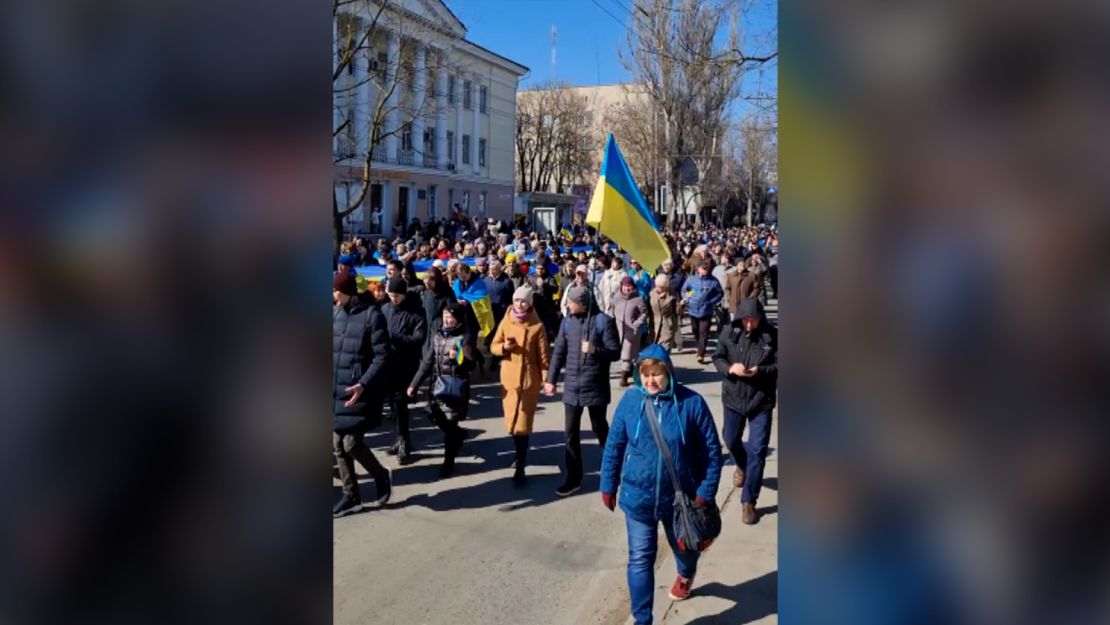
And in the southern city of Kherson, a political battle is underway to prevent the occupied city from being transformed into a breakaway pro-Russian republic.
Ihor Kolykhaiev, Kherson’s mayor, has said mass protests show that “Kherson is Ukraine” and insisted that he retains administrative control of the city.
Speaking in a video posted on Facebook on Sunday, Kolykhaiev said, “the city is living in a normal mode, the City Council is working, all the deputies are at work, all the utility establishments are up and running. Kherson mayor’s office has a flag waving in the front. Kherson is Ukraine.”
Kherson has been occupied by Russian forces since March 3. In recent days, at least one Kherson regional council official warned that occupation forces were laying the groundwork for the “Kherson People’s Republic.”
Earlier Sunday, hundreds of demonstrators flocked the streets of the Russian-occupied city to protest the suspected Russian plans. The mayor said it was a “a peaceful protest to show that the citizens’ position is that Kherson is Ukraine.”
Alluding to reports of Russian political maneuvering, Kolykhaiev warned that there “seem to be behind-the-scenes talks held, and the people who want to change the political structure of our country and the south of Ukraine are trying to influence this situation.”
As Russian forces slowly encroach upon other major Ukrainian cities, the levels of defiance in occupied locations could signal a long and difficult battle for Moscow to consolidate political power, if it succeeds in its immediate military objectives.
Meanwhile, the humanitarian situation for Ukrainians in occupied cities continues to deteriorate.
Kolykhaiev said Kherson had been cut off from humanitarian aid and was running out of resources, less than two weeks into its occupation.
He said the city “can’t receive humanitarian cargo. Food is finishing in the stores, we are running out of gas, we only have diesel oil left at the gas stations. We are running out of medications and insulin.”
“Our main weapon is unity,” he said.
CNN’s Tim Lister and Jonny Hallam contributed reporting.


